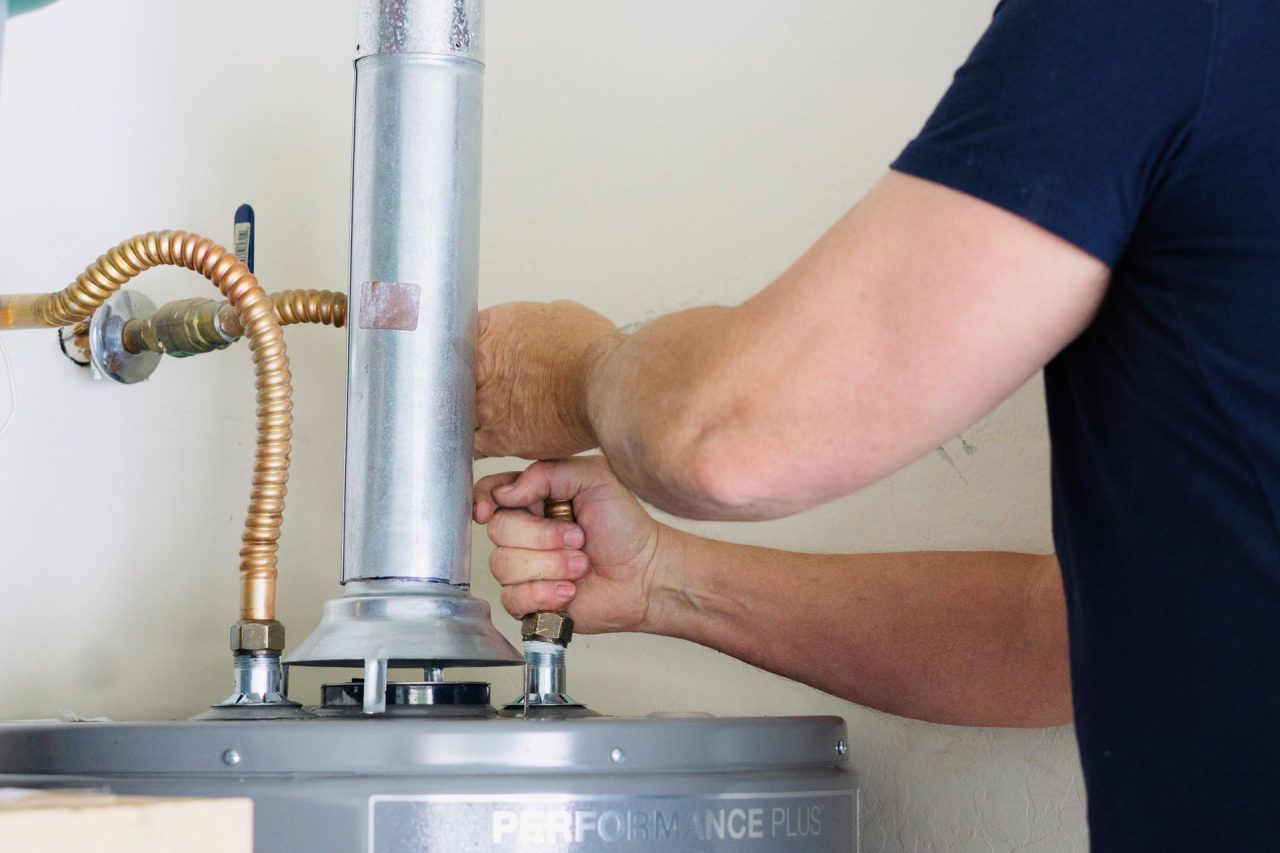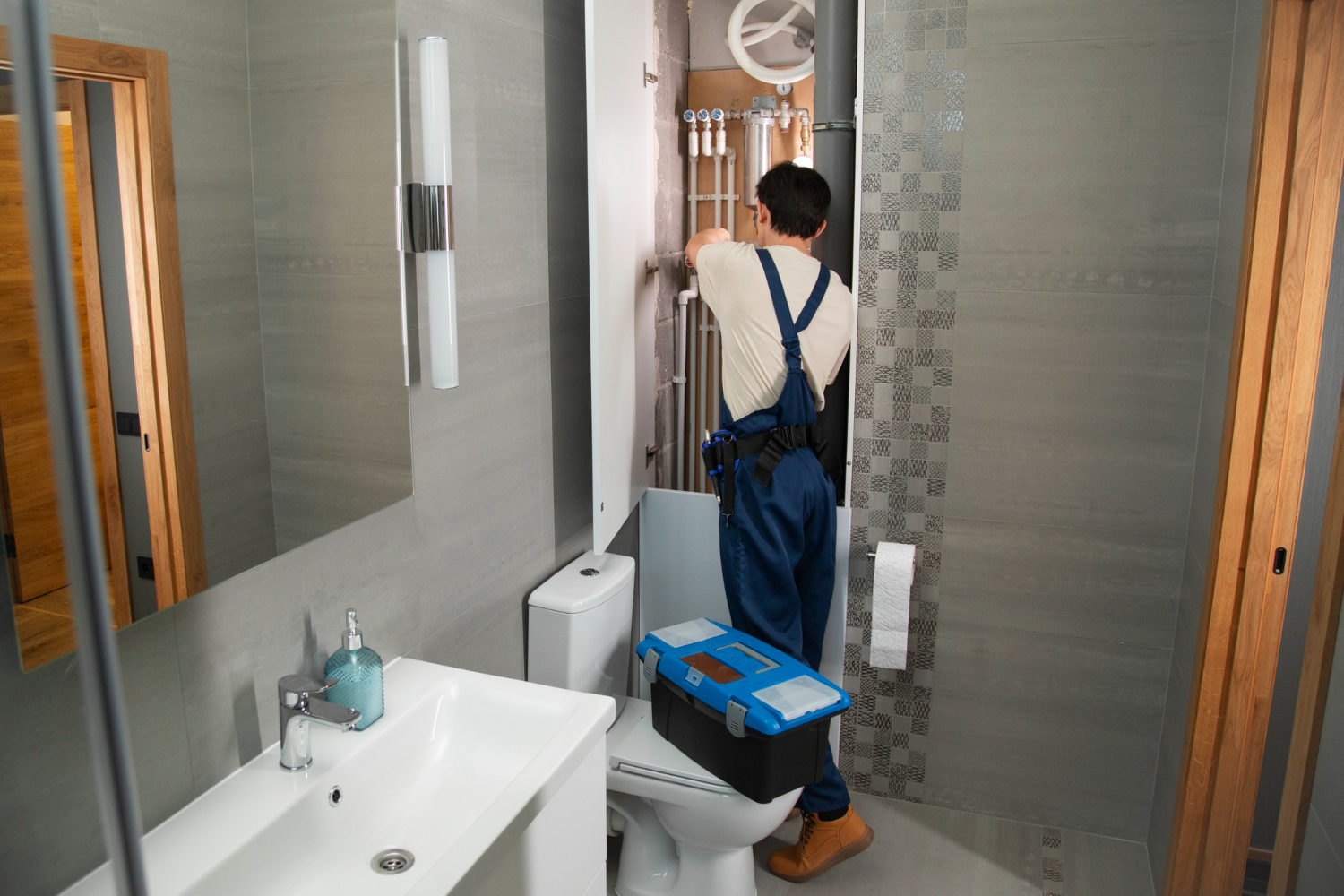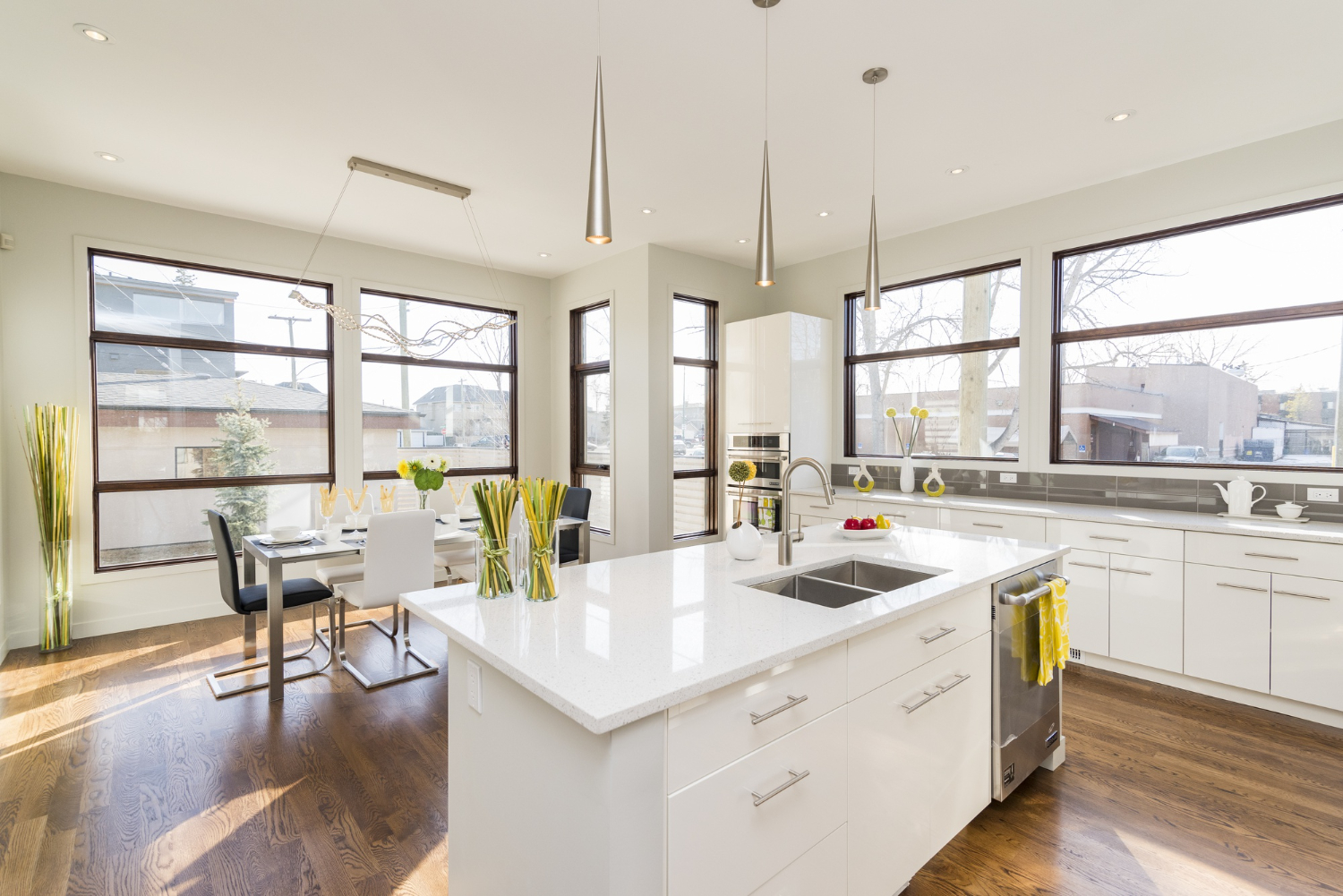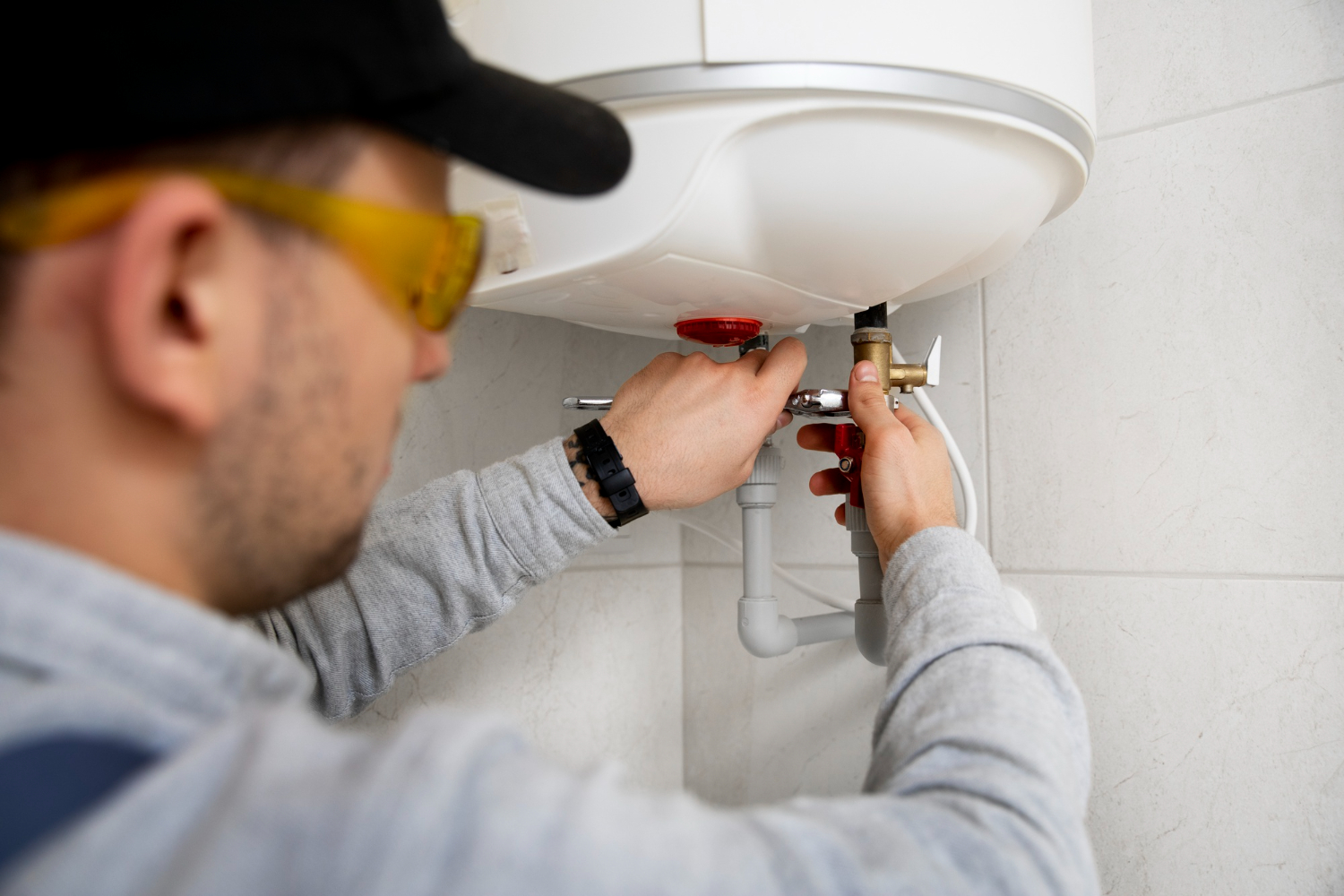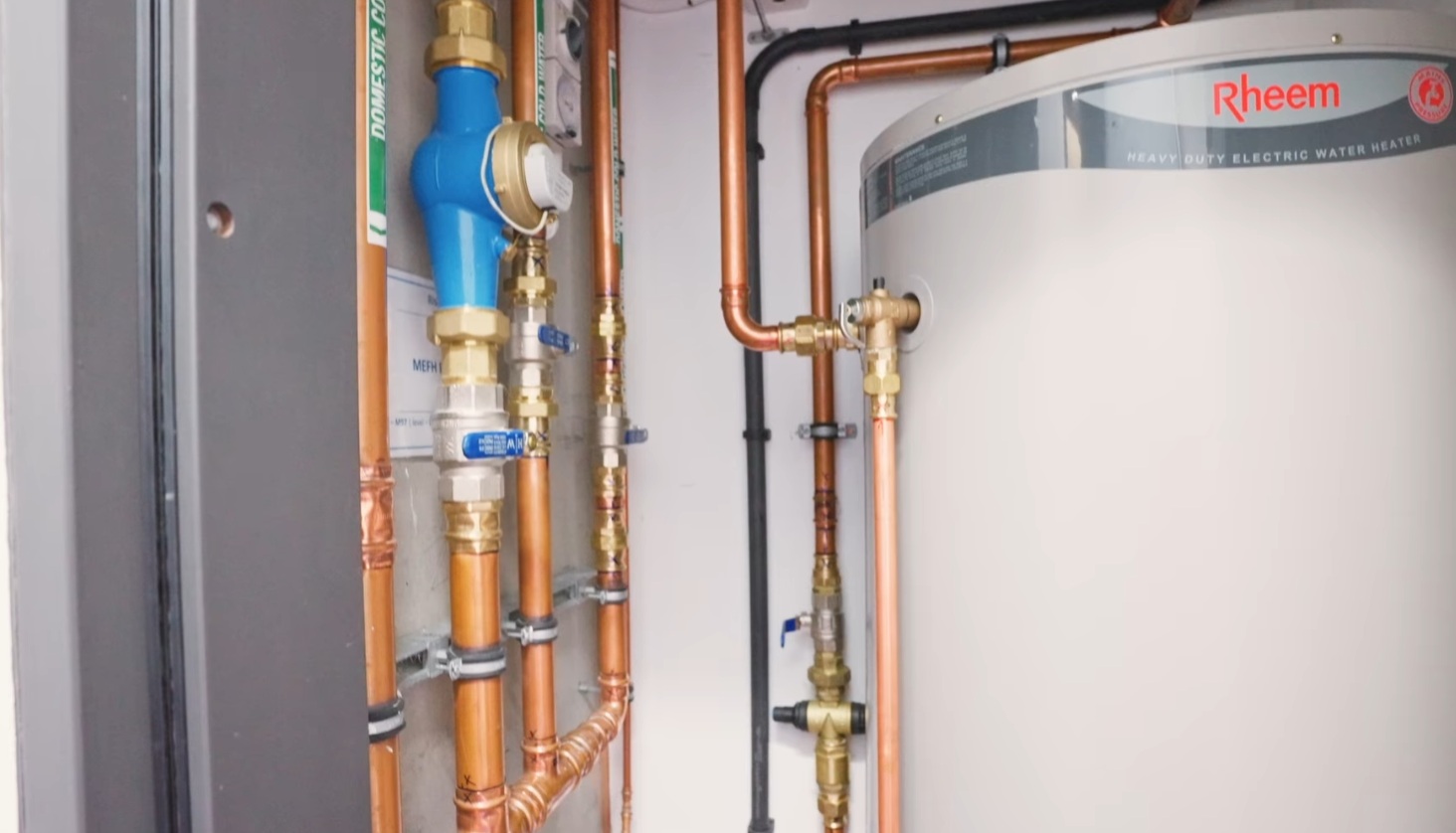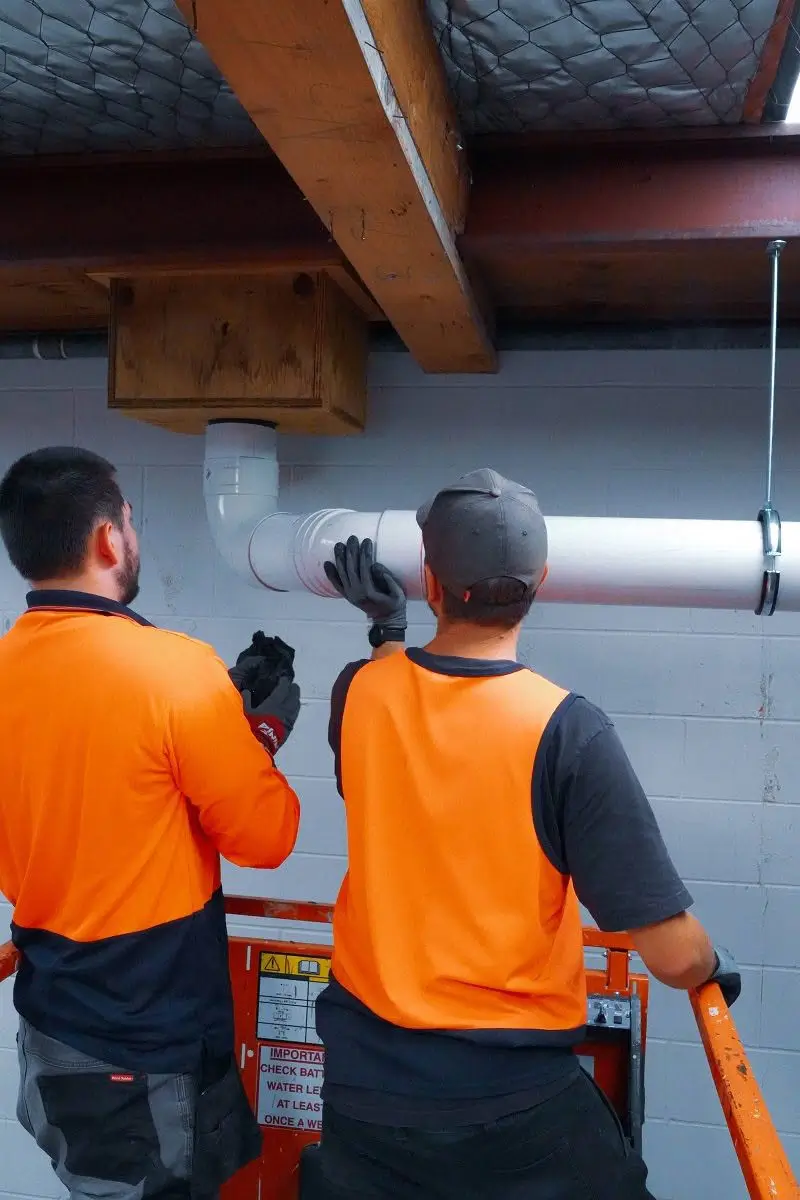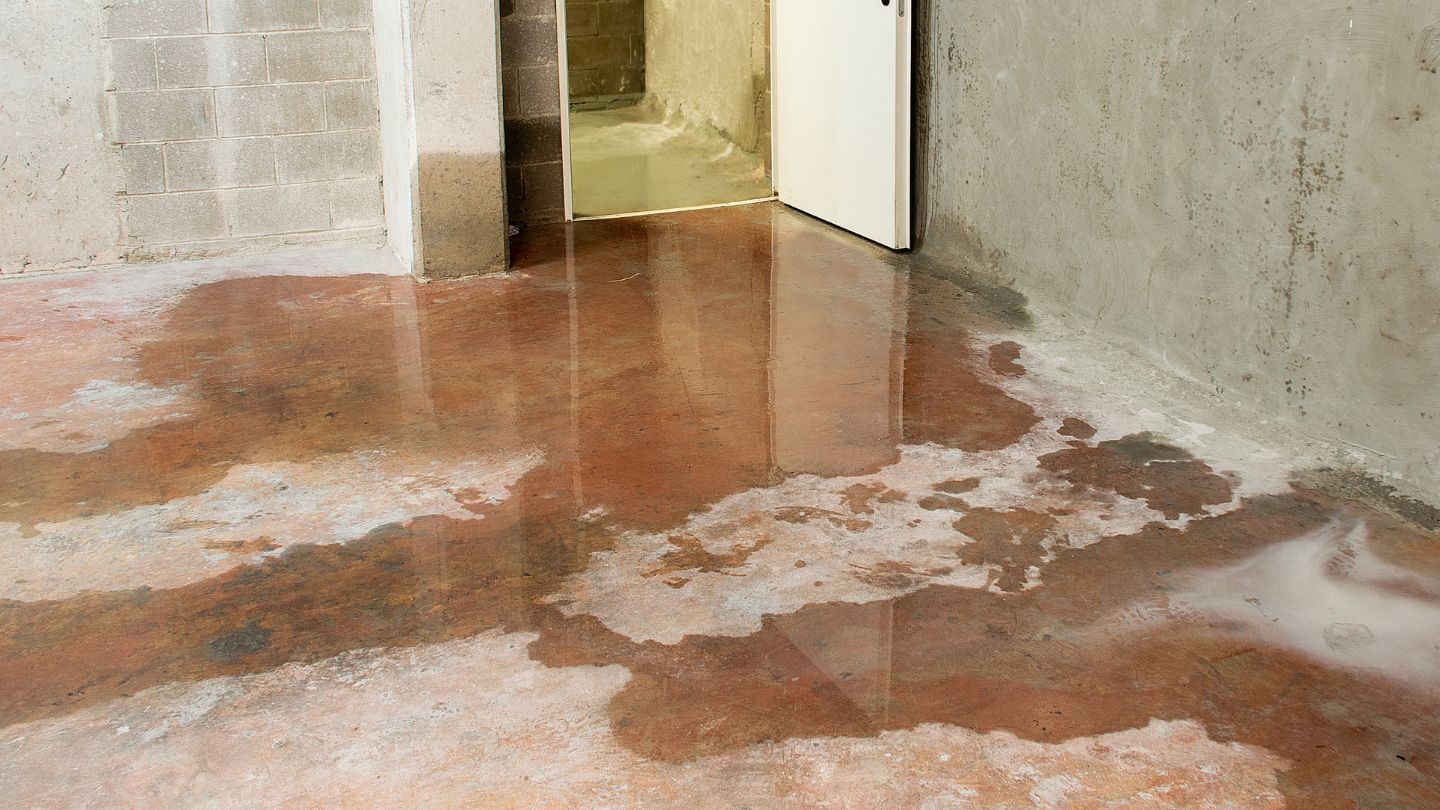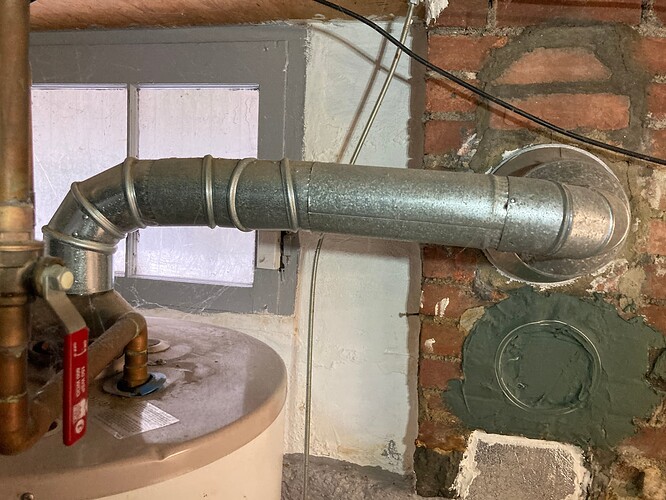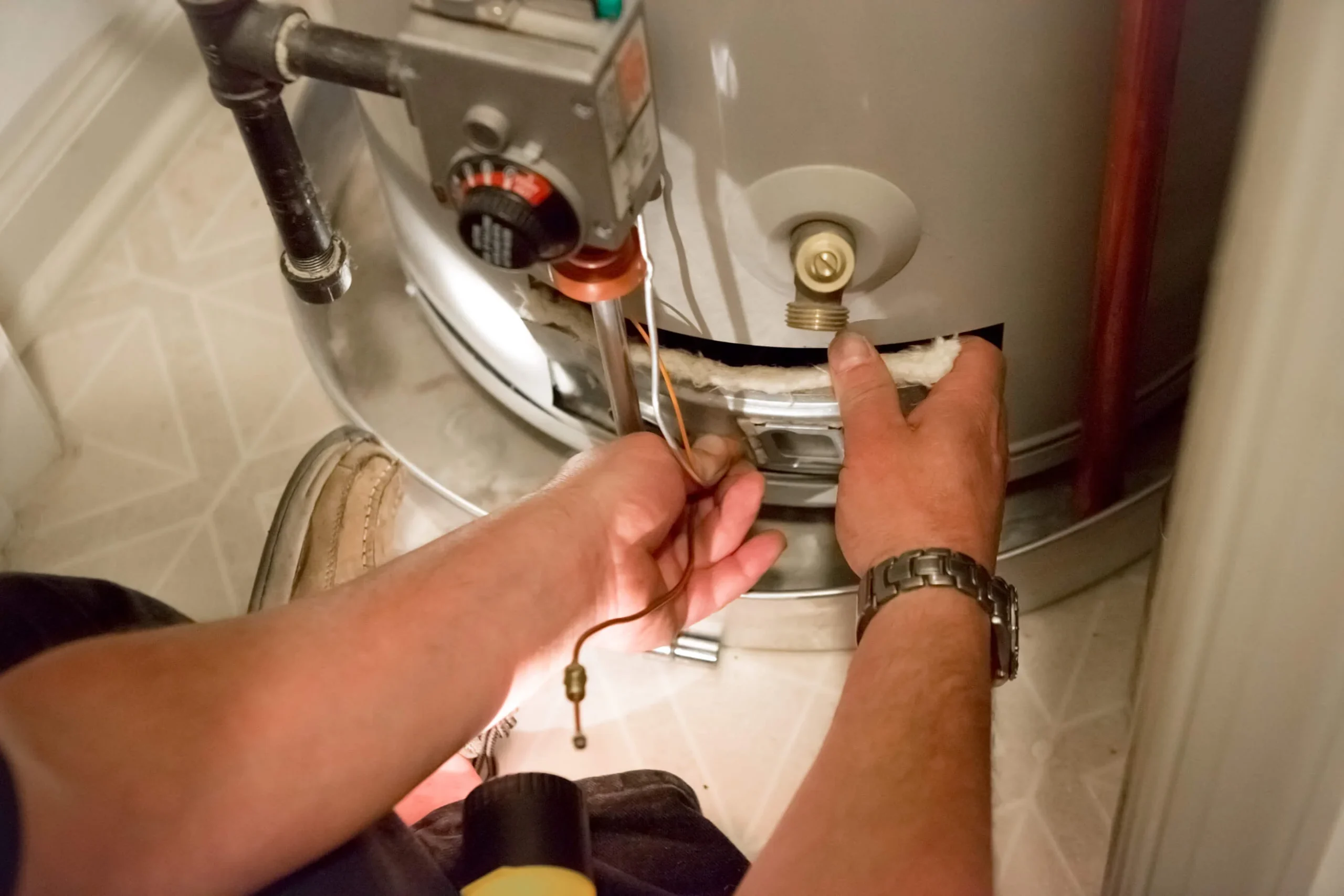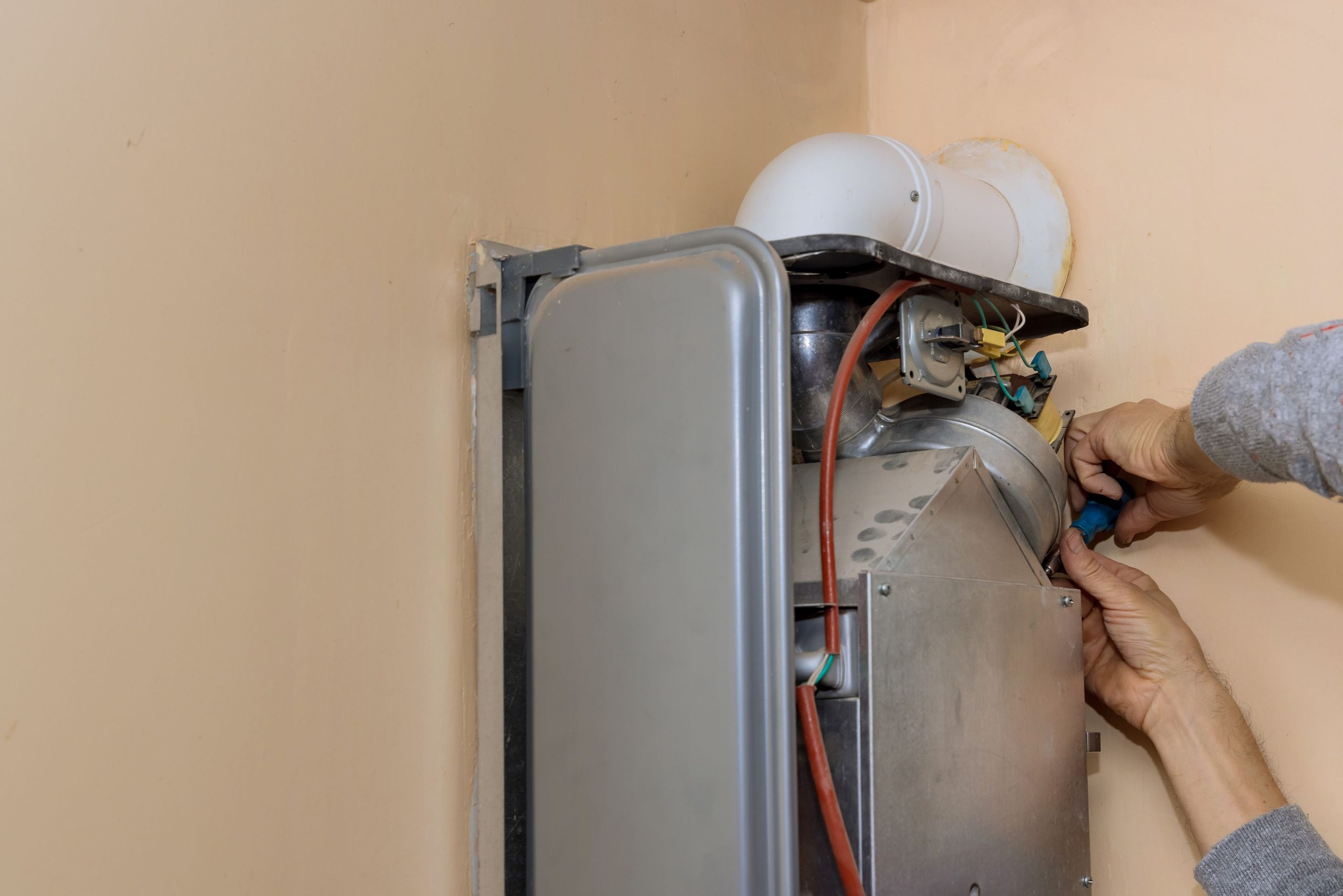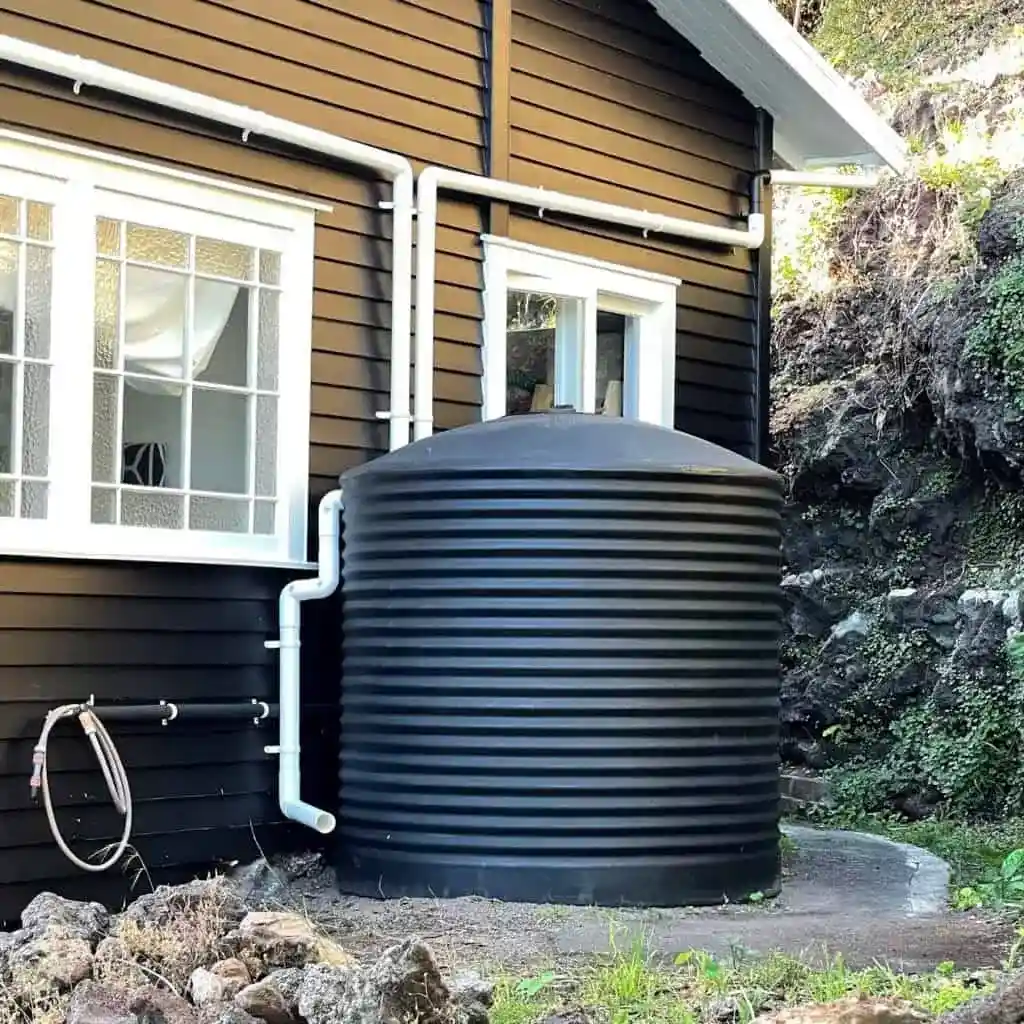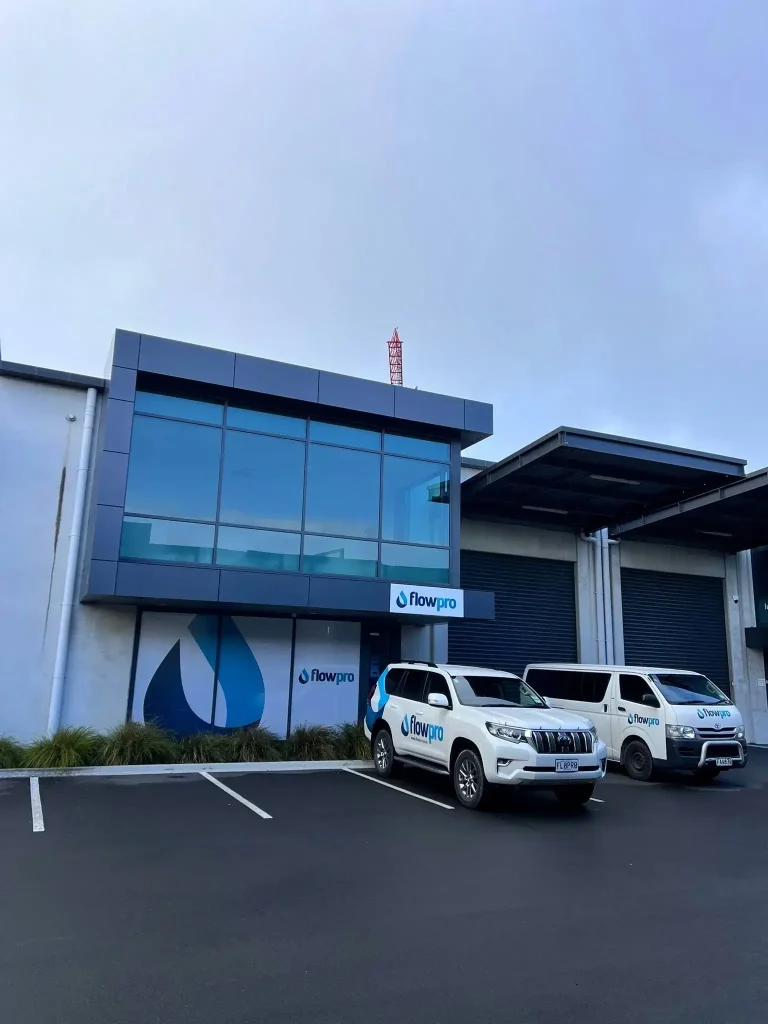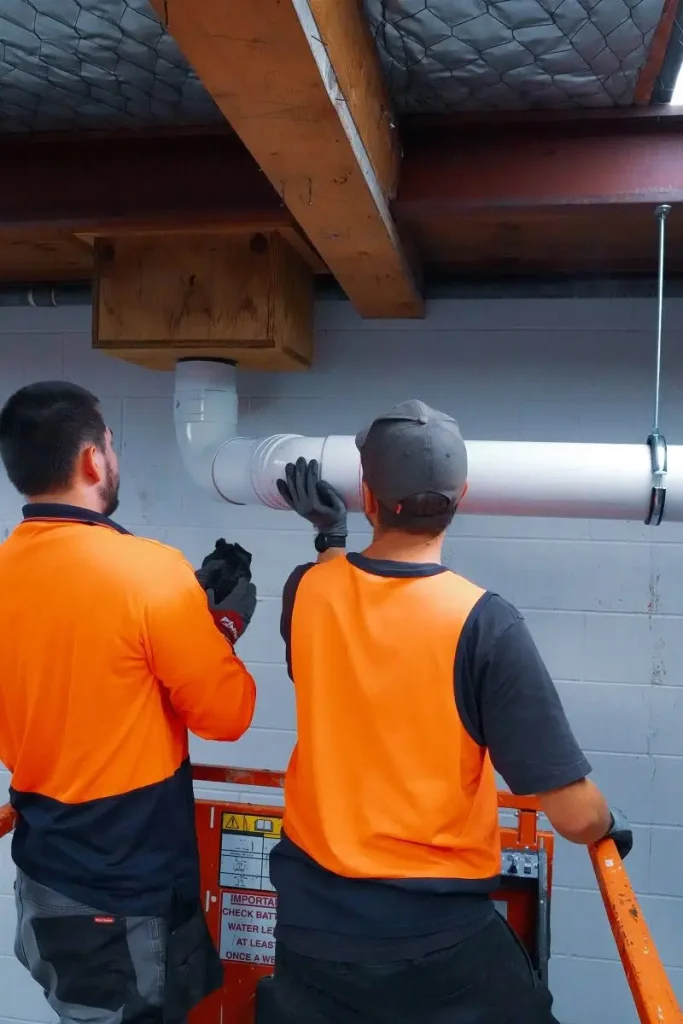If you rely on gas appliances, whether for heating water, cooking, or keeping your space warm, you already know how convenient gas can be. However, regular gas safety checks are crucial to ensure your home remains safe and compliant with New Zealand regulations.
Many homeowners overlook these inspections, assuming their gas hot water heaters or other appliances will keep running without issue. In reality, unchecked gas systems can cause serious hazards, from leaks to faulty burners, that affect both comfort and safety.
A scheduled inspection not only protects your household but also helps meet compliance requirements. These checks cover key components of your gas system and must always be carried out by a licensed gasfitter to ensure lasting safety.
What is the Purpose of a Gas Safety Check
At its core, a gas safety check is all about making sure your gas-fueled systems are running efficiently and safely. During a thorough inspection, a qualified professional examines every piece of equipment that uses gas in your home. That usually includes your gas hot water heater, alongside any gas stoves, heaters, ovens, or fireplaces you might have.
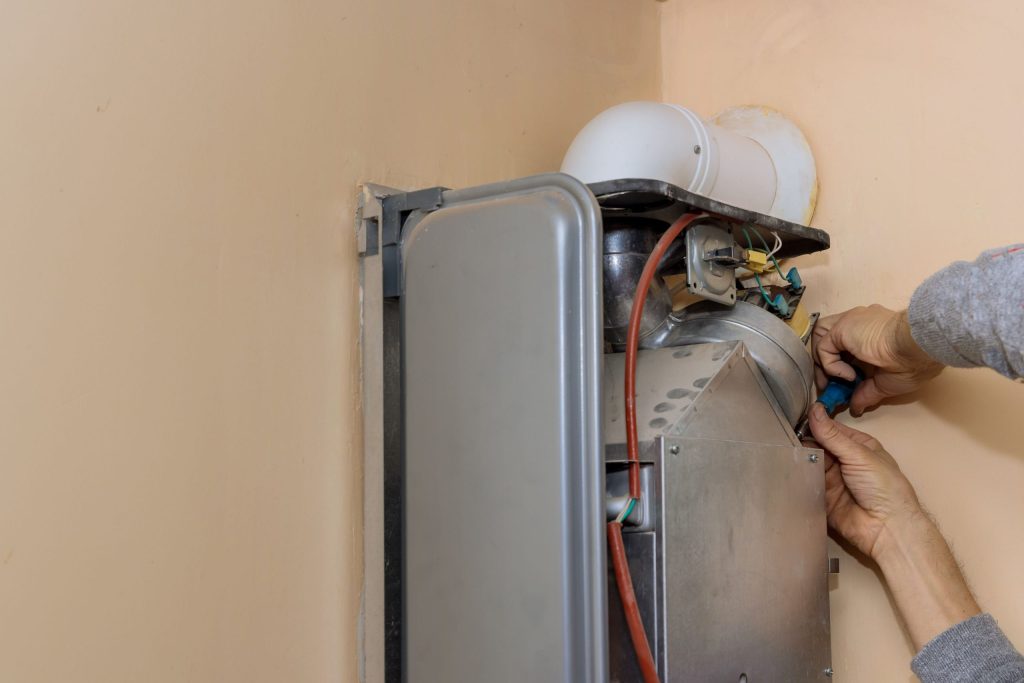
Why It Matters
It may seem unnecessary if everything is working, but regular checks are vital for gas leak detection. Gas systems are safe when maintained, yet wear and tear can cause leaks or corrosion. A small crack in a pipe can quickly turn into a dangerous gas leak.
Carbon monoxide, a colourless and odourless gas, can build up from a single leak and is extremely hazardous. Poorly serviced systems also run inefficiently, raising energy bills. Routine checks protect your safety and help you save money over time.
Checking for Compliance
In New Zealand, compliance plays a big role in how often you should have your gas appliances inspected. For some property owners, the law explicitly requires periodic checks. If nothing else, it’s a safeguard to ensure that all landlords and homeowners keep their gas systems up to scratch. When your home meets the standards, you gain peace of mind, and you also avoid penalties or legal complications.
A Proactive Mindset
It may feel easier to wait until something breaks, but gas issues can escalate quickly if left unchecked. A regular safety check keeps small problems from turning into emergencies that require costly call-outs. By scheduling inspections, you’re not only preventing disruptions but also safeguarding the health and safety of everyone who lives or works in the property.
For landlords, taking a proactive approach shows responsibility and duty of care to tenants. This commitment builds trust, strengthens your reputation, and helps protect long-term rental income. Being proactive is about more than maintenance, as it is about prevention, compliance, and protecting those who rely on a safe space.
What Gets Checked in a Gas Safety Inspection
A gas safety check is a detailed review of the systems that deliver and burn gas safely. The technician inspects every key component, making sure each part is operating correctly and free from hazards. Understanding what gets checked helps you see the scope of the inspection and know what questions to ask.
Appliances and Connections
Every gas appliance in your home, like your gas hot water heater, range top, or wall heater, is examined for potential defects. The gasfitter checks that seals are tight, ignitions spark correctly, and burners are in good shape. They also see if the appliance meets current safety standards, which can change over time.
On top of that, all visible pipes leading to and from your appliances are inspected. This is to ensure there aren’t any cracks, rust, or improper fittings. Even the smallest leak can lead to big problems, so these connections are carefully scrutinised.
Ventilation Systems
Proper ventilation is a crucial aspect of gas safety. When gas burns, it produces combustion byproducts. If those byproducts can’t exit freely through a vent or flue, they can accumulate and increase the risk of carbon monoxide exposure.
As part of the check, the technician will inspect ventilation systems, including flues and gas hot water heater venting requirements, to confirm they are clear, functioning, and compliant with local regulations.
Flame Quality
Conscientious gasfitters know to look at the shape, size, and color of the flame on your gas appliances. A healthy flame is often blue, signaling correct combustion and relatively clean operation. If the flame is yellow or orange, it can be a sign that something’s off; possibly a clog or poor gas-to-air ratio. Flame quality can reveal issues with pressure or the appliance’s overall condition before they turn into more serious hazards.
Carbon Monoxide Testing
Another important step is carbon monoxide testing. Specialised meters can pick up on dangerous levels of this gas even when you don’t notice any smell or experience obvious symptoms. During the check, the licensed professional might place a sensor close to the appliance’s exhaust or in areas where carbon monoxide is likely to accumulate, ensuring everything stays within safe limits
Complying With NZ Gas Regulations
Gas safety checks keep your property compliant, safe, and efficient. Whether you’re a homeowner, landlord, or business owner, regular inspections protect against risks and meet legal obligations.
- Legal obligations: Landlords must keep rental properties free of preventable hazards, while homeowners may need checks to keep insurance valid.
- Frequency of checks: Most older systems require annual checks, newer ones at least every two years. If you notice unusual odours or an orange flame, schedule a visit immediately.
- Consequences of skipping checks: Missing inspections can result in penalties, voided insurance claims, or serious hazards like leaks and carbon monoxide.
- Record keeping: Always keep inspection documents as proof of compliance, which also adds value when selling or renting a property.
How to Book a Gas Safety Check
Gas safety checks are straightforward when you know what to expect. Following a few clear steps ensures your property stays safe, compliant, and efficient.
1. Choose a Licensed Gasfitter
Always work with a licensed gasfitter. Licensing proves they have the training and authority to work on gas appliances safely. You can ask to see their licence ID or check their credentials with the official authority before the inspection.
2. Prepare for the Appointment
Clear access to appliances, vents, and pipes helps the inspection run smoothly. Gather any user manuals or previous inspection records, as these can provide valuable context for the technician.
3. Review the Inspection Process
The gasfitter will inspect connections, flame quality, ventilation, and check for leaks or damage. They may also show you how to shut off the gas supply in case of an emergency.
4. Receive and Act on the Report
You’ll receive a report detailing any repairs needed or confirming compliance. If repairs are required, discuss timing, costs, and next steps to keep everything safe and up to code.
Booking and following through with a licensed gasfitter ensures your property is protected, compliant, and ready for long-term safety.
Book Your Gas Safety Check With Flowpro Today!
Worried about leaks, carbon monoxide, or compliance issues? Flowpro’s licensed gasfitters provide professional gas safety checks that keep your home, rental, or business safe and up to code.
Call 098024984 or email plumbing@flowpro.co.nz today to schedule your inspection and let Flowpro protect your property with trusted gas safety expertise.
